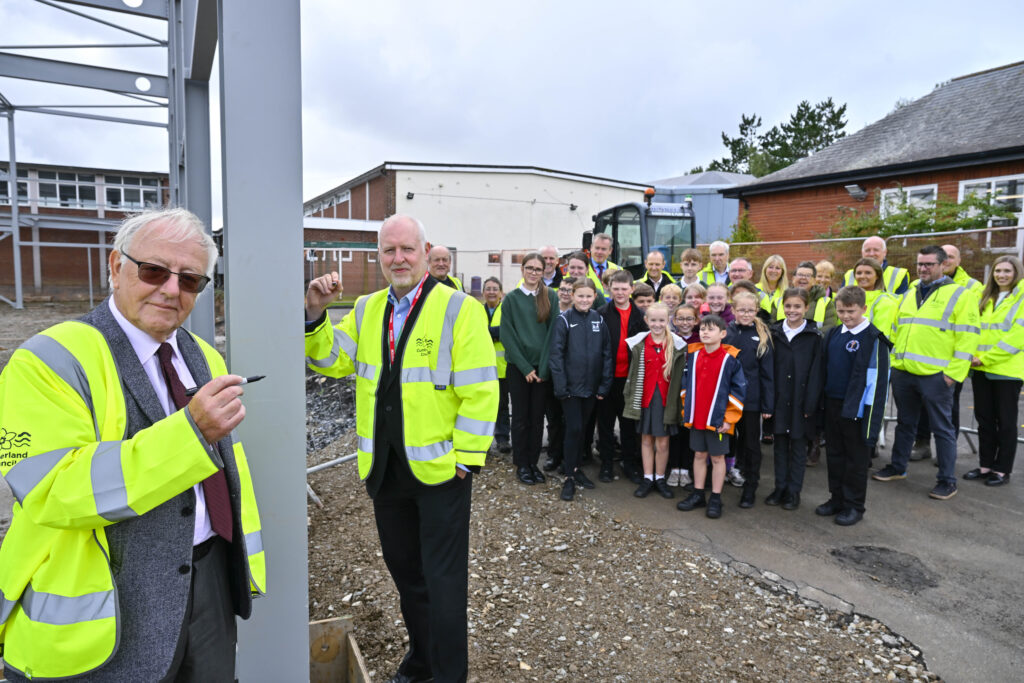£4 million Community Investment Funding awarded to local projects in 4 years


The aim of the South Copeland GDF Community Partnership is to share information, discuss concerns and find answers to questions the community has about all aspects of the Geological Disposal Facility (GDF) siting process, including what hosting a GDF could mean.
A GDF is an underground facility designed to safely and securely dispose of the UK’s most hazardous radioactive waste. It involves building a series of specially designed vaults several hundred metres below ground in suitable, solid rock. Deep disposal combined with engineered barriers keep people and the environment safe.
There is broad international agreement from scientists, governments and technical experts that the safest, permanent way to manage higher activity radioactive waste is geological disposal.
This is a unique project, where the community can ultimately decide whether they want to host a GDF. Cumberland Council can withdraw from the process at any point up until a Test of Public Support is taken.
Two Community Partnerships are currently in place, in South Copeland and Mid Copeland, to explore whether a GDF is right for the area and whether the area is right for a GDF.
Starting this process, there were four Interested Parties who put forward the area to Radioactive Waste Management (RWM, now Nuclear Waste Services – NWS). Following initial evaluation work looking at the potential of delivering a GDF in the area, the Copeland GDF Working Group was established and two Search Areas identified. From this, two Community Partnership’s formed: South Copeland and Mid Copeland.
The Search Area for South Copeland is the electoral wards of Millom and Millom Without. The Lake District National Park and later the proposed Southern Boundary Extension are excluded from consideration for a GDF.
A GDF is designed to last and protect people and the environment for hundreds of thousands of years, by keeping the waste isolated from the surface as the radioactivity naturally reduces to safe levels.
The environmental and nuclear regulators – the Environment Agency and Office for Regulation (ONR) – will ensure that a GDF will meet the rigorous standards required for environmental protection, safety and security at all stages of its lifecycle. Put simply, if it can’t be shown to be safe, it cannot be built.
It is expected to take 10 to 15 years to identify a suitable site. However, the process will be driven largely by discussions with communities and the time needed to carry out detailed investigations.
If a suitable site is found in South Copeland, a Test of Public Support would give people a direct say over whether the project goes ahead.
A GDF could be ready to receive the first waste in the 2050s. Filling a GDF with waste and then closing it, once full, will run into the next century.
Are you interested in joining the South Copeland Community Partnership? Applications are open to all, regardless of your views on GDF.
Partnership members are volunteers and come from a range of backgrounds, but we are all passionate about our local area, community, and environment, and we want to do our best to help the local community through what has the potential to be a locally divisive issue.
We’d love to hear from you, so please get in touch.